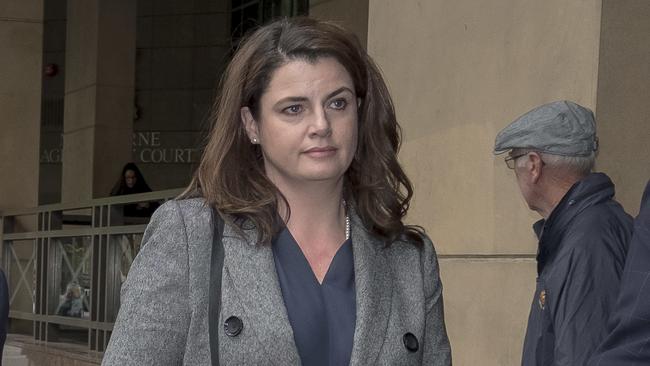
Appendix B is where he will find a detailed explanation of the national broadcaster’s obligation to conduct itself as a model litigant – which includes apologising when it is aware it has acted wrongfully or improperly.
At its core, the Milligan case was all about this ABC reporter’s refusal to apologise after making what the ABC describes as a “honest error”. That refusal, followed by this week’s adverse settlement in court, looks like costing taxpayers up to $200,000.
That bill might have been reduced to just $2000 if Milligan had apologised promptly once her mistake had been identified.
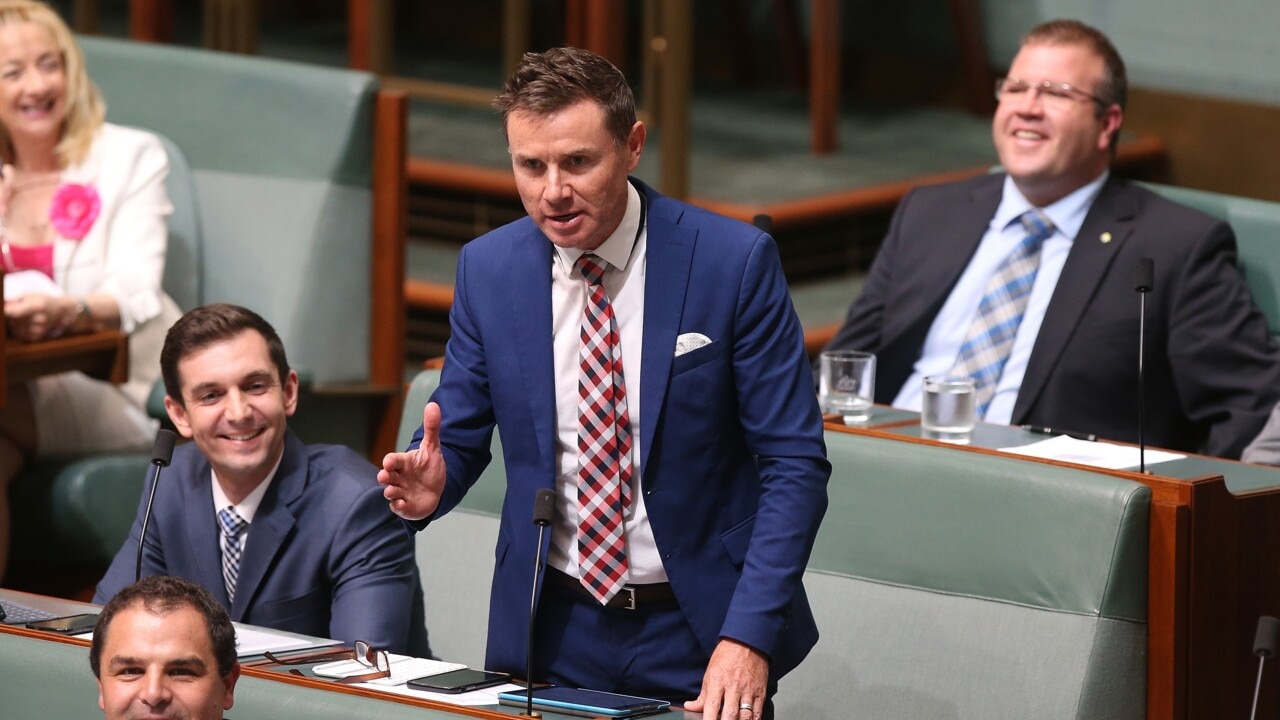
Her failure to apologise – and the ABC’s failure to insist that this should happen – highlights a problem with the model litigant rules that could fairly be described as the Milligan loophole.
The rules apply to “the Commonwealth and Commonwealth agencies”. They do not apply to employees of those agencies who happen to be engaged in private legal disputes that have nothing to do with their employers.
Those rules, however, were clearly drafted by lawyers who could not imagine any circumstances in which a government agency would voluntarily involve itself in the private legal affairs of employees.
It would have been considered fantasy to draft a rule in the expectation that responsible public sector entities would bankroll someone else’s legal dispute and accept liability in the event of an adverse outcome.
Yet that is what has just happened. And it cannot be allowed to happen again.
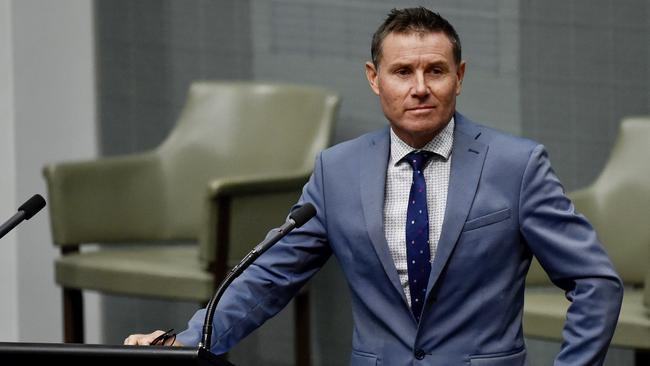
The involvement of the ABC in Milligan’s case is beyond dispute. It gave her a financial guarantee and had its communications department, led by Milligan’s partner, Nick Leys, issue statements before and after the Federal Court entered judgment against her this week.
The next Senate estimates hearing needs to determine who was calling the shots in the legal process. If it was Milligan, it means that ABC was allowing an employee to make decisions that have resulted in a substantial liability for the ABC, and therefore federal taxpayers.
But if the ABC was pulling the strings, David Anderson might need to explain whether he believed the commission’s control of the case was governed by the model litigant rules.
And if that is the case, why was it that Milligan was not required to apologise?
Like others in the media, and some in politics, Milligan had wrongly accused Liberal MP Andrew Laming of engaging in the lewd practise of “upskirting”, which is a criminal offence that involves holding a camera under the skirt of an unsuspecting woman and taking photographs.
She had made a series of statements about Laming on Twitter including one that simply said: “Laming upskirts”.
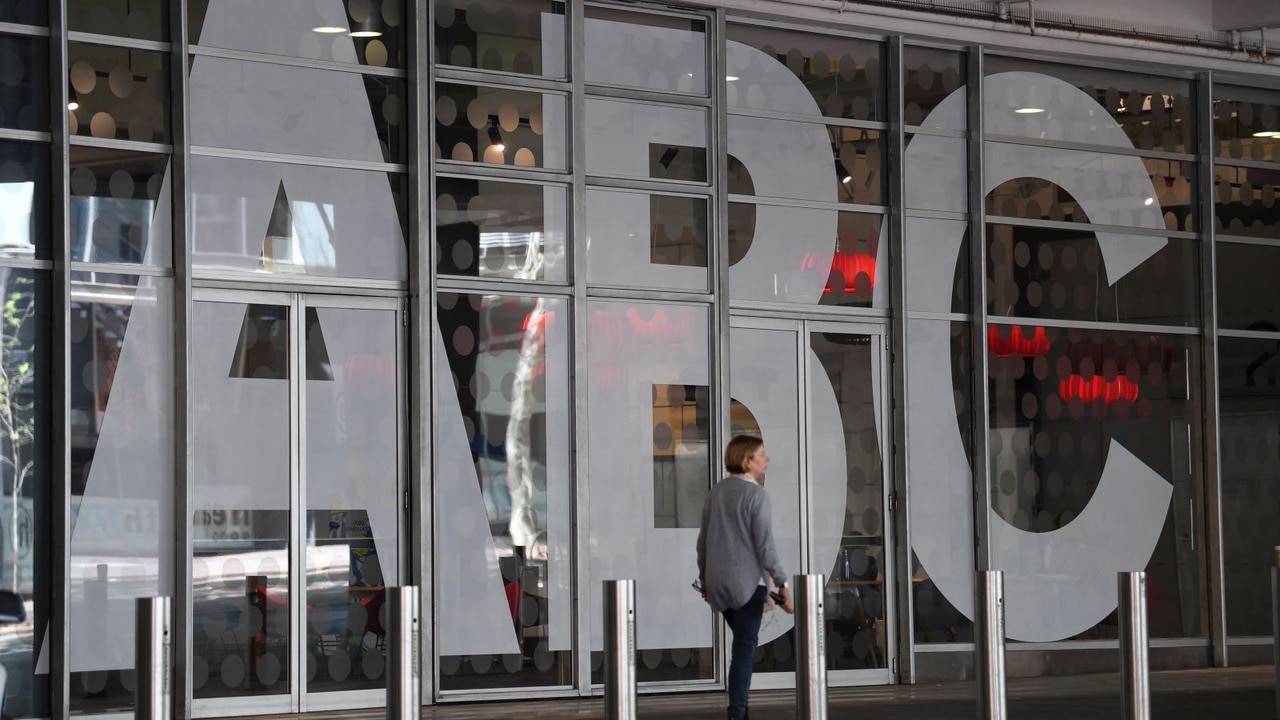
Laming had taken an ill-advised photograph of a woman in shorts who was bending over at work allegedly revealing the top of her underwear. This was certainly questionable conduct but it was not upskirting. Police determined that a criminal act had not taken place.
On May 5, when Laming’s solicitor Rebekah Giles first wrote to Milligan, the politican was not after damages – just an apology, the removal of the offending tweets and his legal costs, which at that stage would have amounted to the cost of one lawyer’s letter – about $2000.
But instead of apologising, like others in the media who had made the same mistake, Milligan lawyered up in a big way – and taxpayers will pay for all of it.
She has still not apologised for her mistake. But she agreed to have judgment entered in Laming’s favour, to pay him damages of $79,000 plus his legal costs which have been estimated be worth another $50,000.
So if Laming’s costs are about $50,000 the ABC’s costs could be even more.
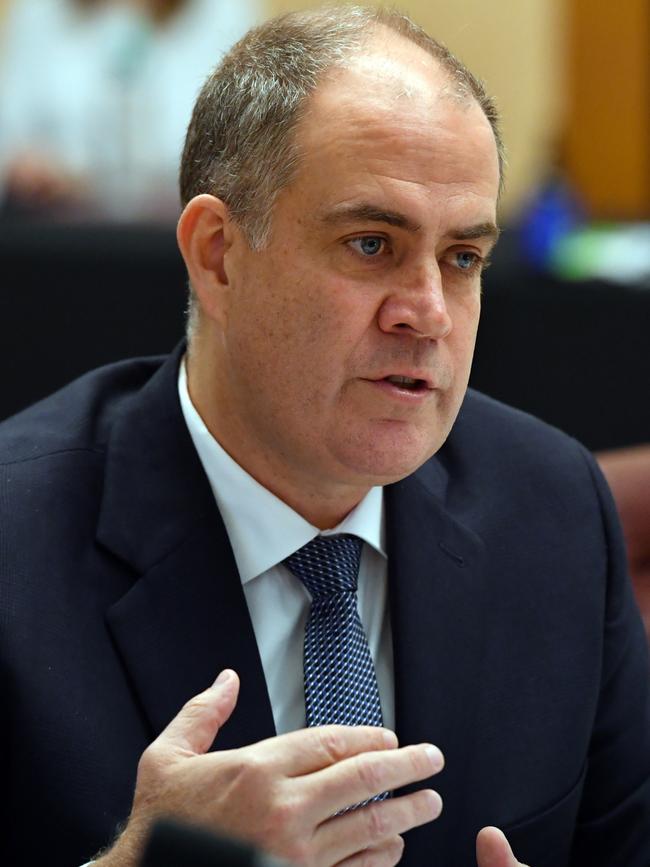
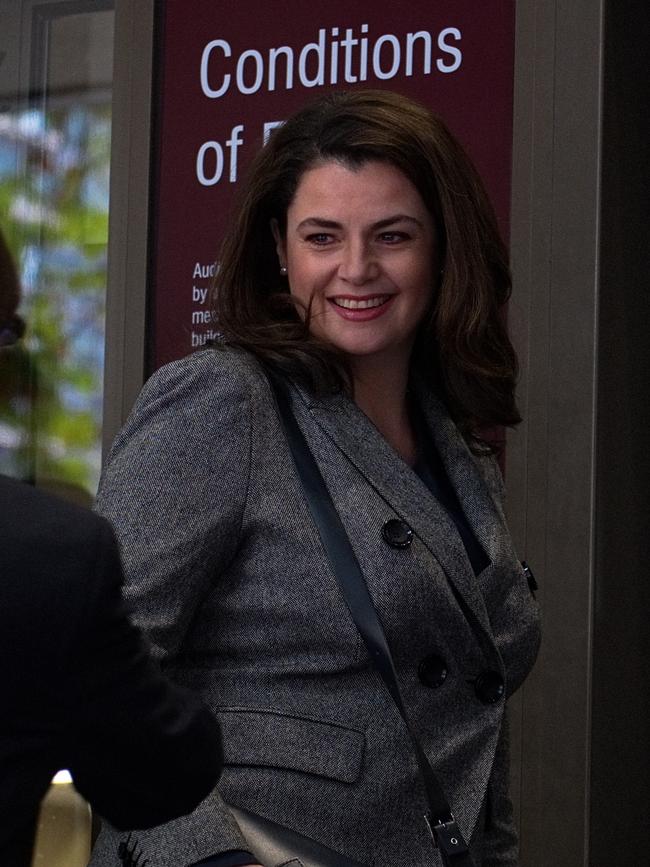
When there was no apology after that May 5 letter, the legal bills starting climbing. On May 14, Giles started exchanging letters with the international law firm that was representing Milligan, Bird & Bird. This firm has 1300 lawyers working from offices in Europe, North America, the Middle East and the Asia-Pacific region.
This week, after Milligan had failed to file any defence and had already agreed to judgment in favour of Laming, she was represented in court by one of Melbourne’s top defamation silks, Renee Enbom QC.
So instead of a $2000 bill, this affair looks like costing the ABC – and therefore taxpayers – about $130,000 for Laming and anything between $50,000 and, say, $70,000 for Milligan’s own legal costs.
The total cost to taxpayers might be as low as $180,000 or as high as $200,000. But at the ABC they will probably see that as money well spent. It means that Louise Milligan, star reporter, will never need to apologise for making a mistake.
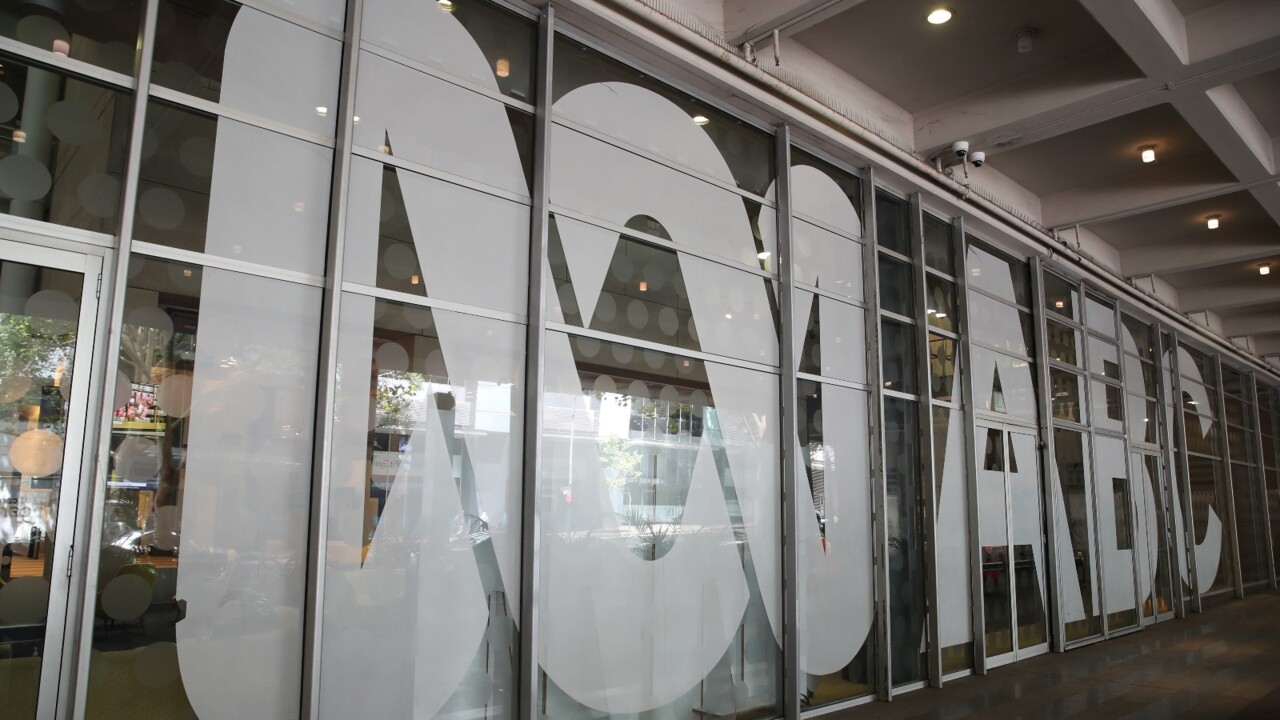
Milligan’s position was hopeless and that was clear from May 5. So who decided to lawyer up instead of accepting reality?
If it was Milligan, the ABC needs to explain what mechanisms it had in place to ensure its financial guarantee would not be used to simply out-spend Laming and force him to abandon his case?
But if it was the ABC – and it did not make a serious effort to force Milligan to apologise – that means the government has two courses of action: it should close the Milligan loophole in the model litigant rules and it should impose a statutory ban that prevents the ABC from acting as a litigation financier for favoured employees.
Chris Merritt vice-president of the Rule of Law Institute of Australia.


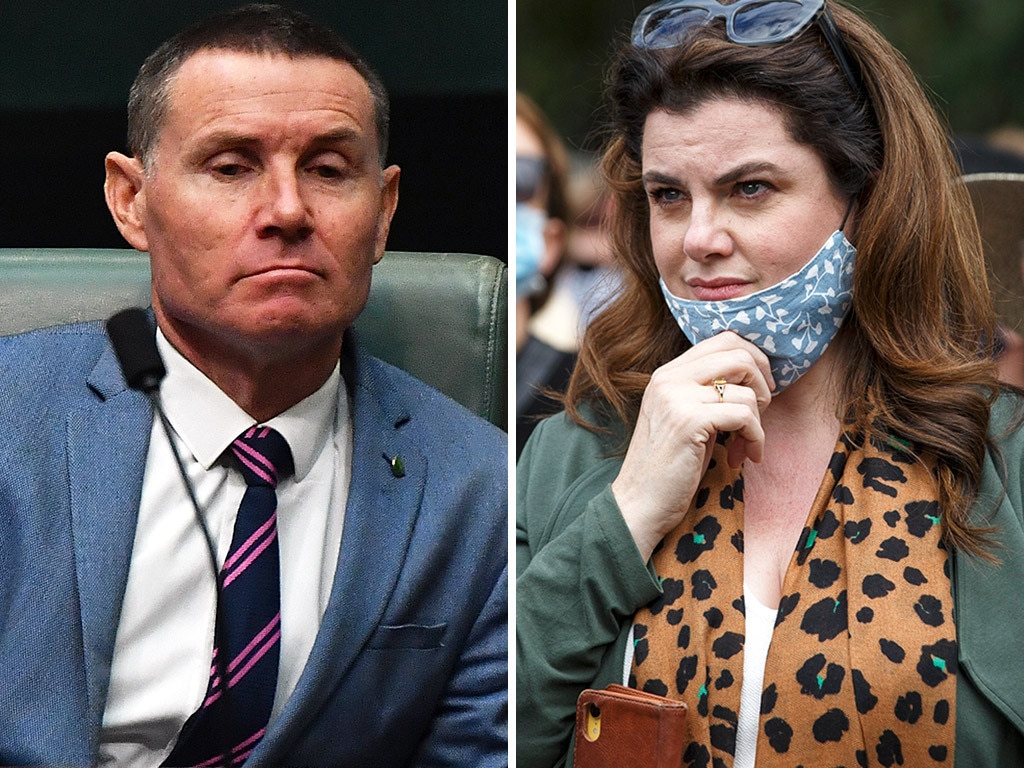



After Louise Milligan’s defamation disaster in the Federal Court, ABC managing director David Anderson might be wise to brush up on Appendix B of the federal government’s Legal Services Directions before his next appearance at a Senate estimates hearing.